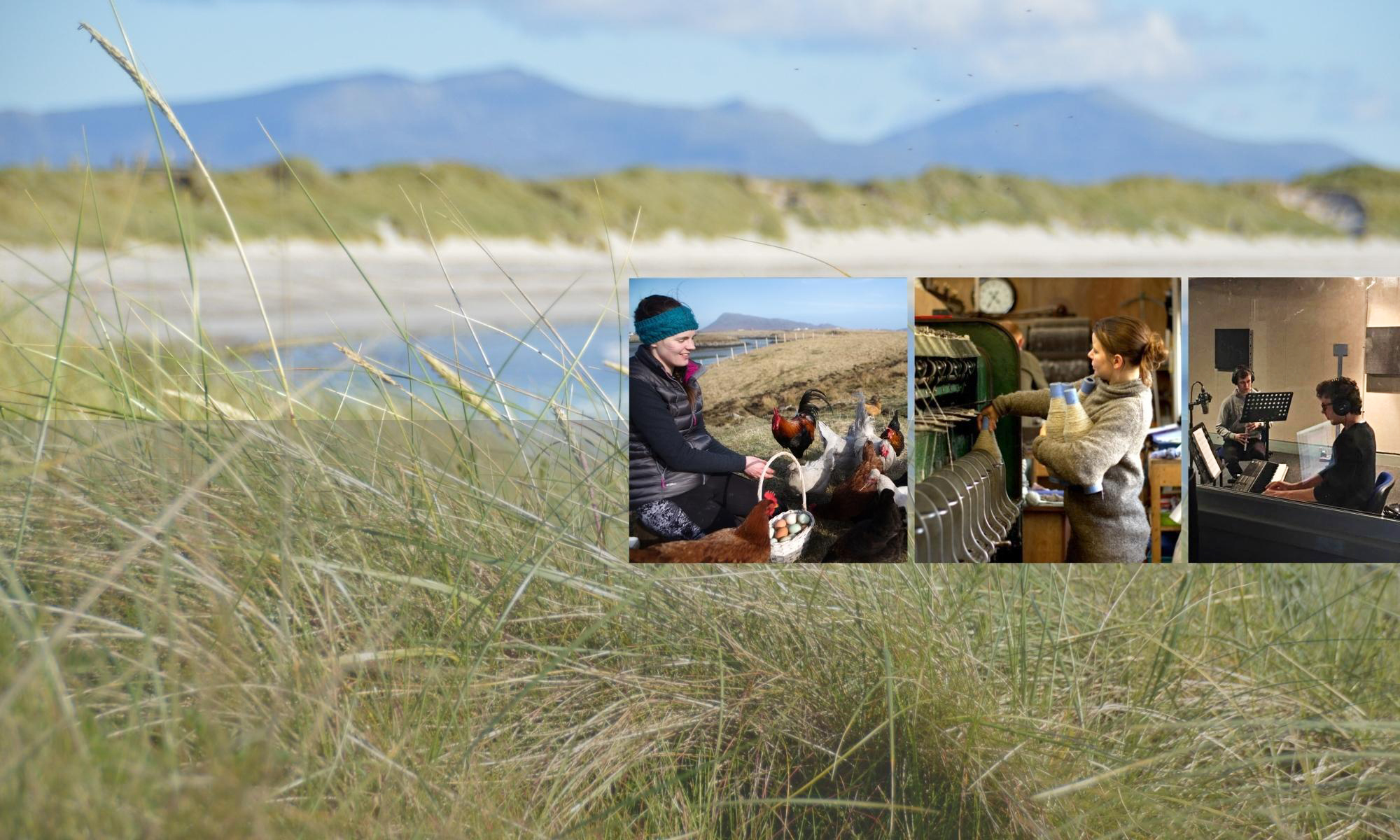The uploaded document reflects discussion among community representatives on Uist and Barra, a majority of them young leaders and other younger islanders, facilitated by CoDeL.
The document does NOT represent the views of the participants in these discussions. The community discussions suggest that there is unlikely to be a consensus on how to proceed. Different members of the community have different experiences under lockdown, and above all face different risks within their family and community networks.
“Most people I speak to individually want lockdown to be eased, but this is not reflected in the public debate.”
“I have people within my family who are very at risk. The last thing I want is for lockdown to be eased now.”
CoDel response to Covid 19 Framework
The facilitated discussions nevertheless suggest that it is possible to have constructive discussions on the challenges at a community level, to enable people to express their opinions and for others to hear them, and for people to adapt their views accordingly. This is particularly important when some people’s views are amplified within media and social media, while many members of island communities do not air their views publicly even if, or perhaps especially if, they diverge from what is being articulated by others publicly.
The document looks at travel restrictions and testing, … challenges the focus on health vs economy, … includes tourism, crofting and other parts of local island economies, … considers the potential for localised approaches to lockdown, … and makes a range of suggestions.
A second post will explore in particular some of the potential harms being caused by lockdown on the islands, and in most other communities, too.

